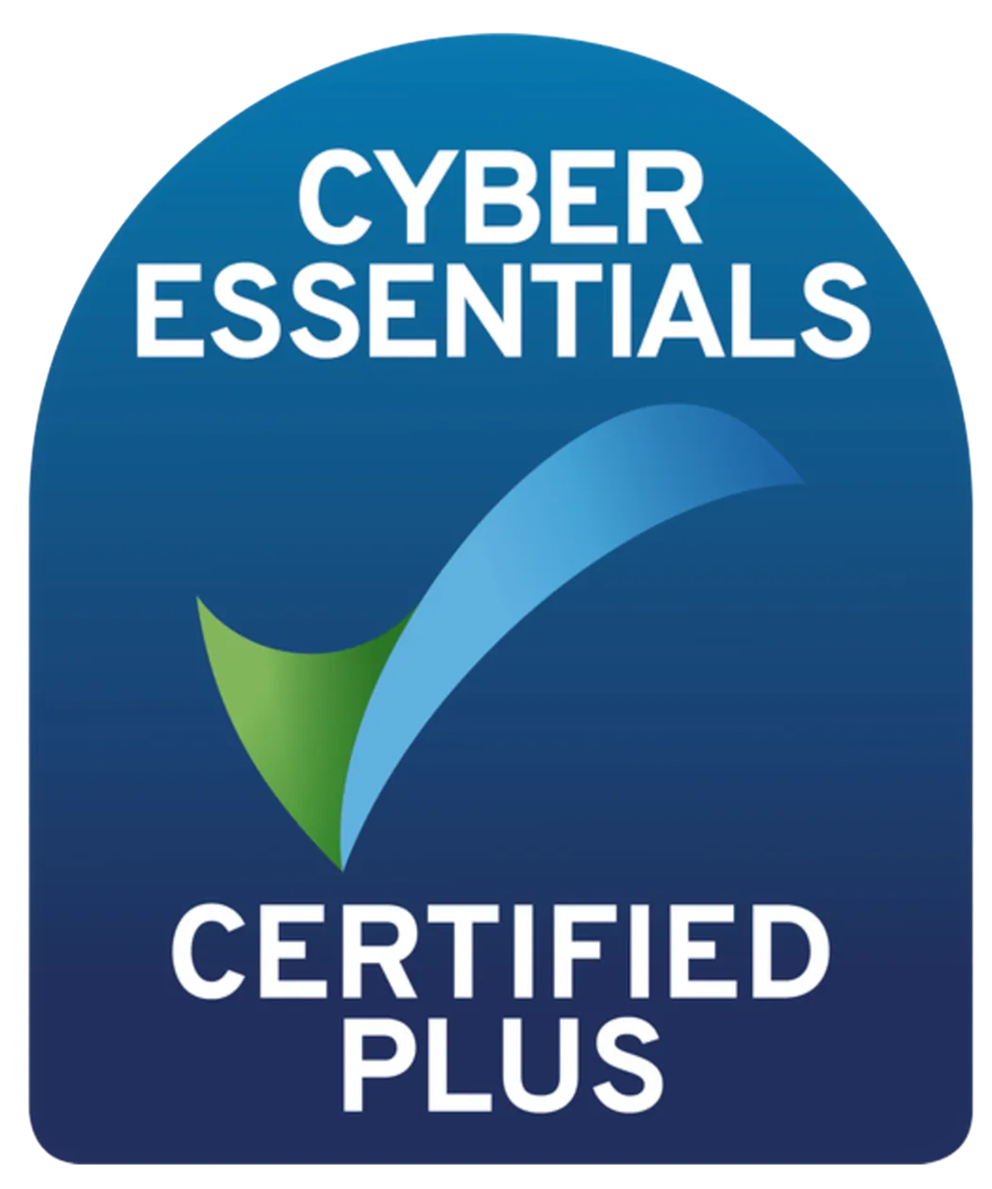Click on the sections below to explore and learn more about the EYFS curriculum at St Teresa’s.
We are delighted to welcome you into our school family. St Teresa’s is a happy place where each person is known, valued and encouraged to reach their highest potential. As a small school, we all know our children very well. We think of ourselves as a school family and an important message that we hold central is doing little things with great love.
Children make an excellent start at St Teresa’s, thanks to the committed staff team in Class One and this was also recognised by OFSTED. Communication, reading, writing and maths are prioritised from the beginning but not to the detriment of the wider curriculum. The children also develop their curiosity in our sensory and outside areas; they learn to negotiate, estimate and experience the world in our mud kitchen and role play areas. They develop confidence, resilience and determination as they sing, dance and learn to ride on two wheels and through trips and visits. They build lasting friendships as they grow, laugh and learn together.
Please do not hesitate to ask if you are worried or wondering about anything during this big step to primary school. Little things mean a lot! Ms Hilton is the Reception Class teacher, ably supported by Mrs Kay and Mrs Haslam.
Please encourage your child to become as independent as possible in the last few months before they start school, as this will help the settling in process.
Ways in which to prepare your child:
*Please note, if your child cannot do all of the following, please do not worry, just let us know.
Nursery
- Talk to them as much as possible, in whichever language you are most comfortable with.
- Give them opportunities to socialise with other children their age whenever possible.
- Help them to become independent when using the toilet and washing their hands properly with soap.
- Teach them to put on and take off their coats, Velcro shoes and jumpers.
- Read books with them and provide them with drawing materials such as felt pens, aqua draw mats paints or crayons.
- Encourage them to share, take turns and look after their toys.
- Encourage them to try different healthy foods, to drink from a real cup and to use cutlery such as a knife and fork when appropriate.
- Have a regular bedtime. Around 7:30pm is ideal for 3-4year old children. Your child will learn better and be happier at Nursery if they are not tired.
- Encourage them to be confident and to try different activities such as simple jigsaws, playdough, using the computer or laptop, helping to wash up or prepare dinner and bake cakes etc.
- If your child is used to being with you all day every day, begin to leave them for short periods of time with a grandparent or family member or friend, so being left at nursery is less upsetting for them.
Reception
- Use the toilet independently, including wiping their own bottom
- Wash and dry hands
- Feed themselves and drink from a cup (no lid)
- Be willing to try new food
- Follow simple instructions
- Look up when someone calls their name
- Put on their coat and jumper
- Take off their coat and jumper
- Have experience of drawing with pens and pencils
- Listen to stories
- Join in with nursery rhymes
- Play on their own and with other children
- Be kind and gentle with other children
- Have an understanding of sharing
- Treat toys and possessions properly
- Tidy away their toys
- Help to do jobs around the house (put clothes in the washer, help with the washing up, sweep the floors …..)
- Use a range of playground equipment (climbing frame, slide etc)
- Have experience of being cared for by different adults
- Talk about their experiences, needs and wants and answer simple questions
Click here to explore Starting Reception, a helpful website for parents and carers preparing their children for the transition into primary school.
Reception
- All Reception children are entitled to a free school lunch.
- If your child is having a school dinner, please ensure you inform us if they have any allergies. It would be helpful if they could practise using a knife and fork at home.
- If your child is having a packed lunch, they will need a labelled lunch box, which will be kept in the classroom until lunchtime.
- Your children will be supported by Early Years staff throughout dinner times.
At St Teresa’s Roman Catholic Primary School, we adhere to the Early Years Foundation Stage (EYFS) statutory framework and incorporate the principles of Development Matters. These guidelines ensure our youngest learners receive a high-quality, play-based education that fosters their development and prepares them for future learning.
Click on the Following Links for More Information
Assessment in the Early Years Foundation Stage (EYFS)
National Framework
In the Early Years Foundation Stage (EYFS), assessment is a critical component to ensure that children receive the best possible start to their education. Nationally, the assessment framework for EYFS is designed to support children’s development and learning by providing a clear structure for measuring progress and identifying areas where additional support may be needed.
The EYFS Profile
The primary national assessment tool for children in the EYFS is the EYFS Profile. The EYFS Profile is completed in the final term of the year in which the child turns five, typically at the end of the Reception year. This assessment summarises and describes children’s attainment at the end of the EYFS.
Areas of Learning
The EYFS Profile assesses children’s achievements in the following areas:
- Communication and Language
- Listening and Attention
- Understanding
- Speaking
- Physical Development
- Moving and Handling
- Health and Self-Care
- Personal, Social, and Emotional Development
- Self-Confidence and Self-Awareness
- Managing Feelings and Behaviour
- Making Relationships
- Literacy
- Reading
- Writing
- Mathematics
- Numbers
- Shape, Space, and Measures
- Understanding the World
- People and Communities
- The World
- Technology
- Expressive Arts and Design
- Exploring and Using Media and Materials
- Being Imaginative
Early Learning Goals (ELGs)
For each area of learning, there are specific Early Learning Goals (ELGs) which set out the expected level of development that most children should reach by the end of the EYFS. Teachers assess each child against these goals, determining whether they are:
- Emerging: not yet reaching the expected level.
- Expected: meeting the expected level.
- Exceeding: surpassing the expected level.
The Reception Baseline Assessment (RBA)
Starting in the academic year 2021/2022, the Reception Baseline Assessment (RBA) was introduced as a statutory assessment for all children in Reception. This assessment takes place within the first six weeks of children starting school and serves as a baseline to measure the progress children make from the start of Reception to the end of Key Stage 2.
Key Features of the RBA
- Focus Areas: The RBA focuses on early literacy, communication, and mathematics skills.
- Format: It is a short, interactive assessment carried out one-on-one with a teacher or practitioner.
- Purpose: The RBA is not intended to provide a comprehensive picture of a child’s abilities but to establish a starting point for measuring progress throughout primary school.
- Non-Obtrusive: Designed to be a low-pressure assessment, it fits seamlessly into the child’s normal school day.
The results of the RBA are used to create a baseline measure for each child, which will help track their progress across their primary education journey. These results are not shared with parents or used to label or track individual children within the school.
Observational Assessment
A key aspect of EYFS assessment is observational assessment. Our staff observe children as they act and interact in their play, everyday activities, and planned activities, and they use these observations to understand each child’s development and learning needs. Observational assessment is continuous and forms the basis of the formative assessment process.
Formative Assessment
Formative assessment is integral to the EYFS. It involves practitioners using their observations to inform planning and to create a responsive learning environment. This ongoing process helps to tailor the learning experiences to meet the individual needs of each child, supporting their development in all areas of learning.
Summative Assessment
In addition to the formative assessments, the EYFS Profile provides a summative assessment at the end of the Reception year. This summative assessment provides parents, practitioners, and teachers with a well-rounded picture of a child’s knowledge, understanding, and abilities as they prepare to transition into Key Stage 1 (KS1).
Reporting to Parents
Parents are provided with a written summary of their child’s attainment against the ELGs, along with commentary on the characteristics of effective learning. This report helps parents understand how their child is progressing and provides them with insights into how they can support their child’s learning at home.
Implementation in Our School
At St. Ethelbert’s, we are committed to implementing the EYFS assessment framework effectively to support every child’s learning journey. Our approach includes:
- Ongoing Observations: We conduct ongoing observations to capture children’s achievements and inform our planning.
- Parental Involvement: We actively involve parents in the assessment process through regular Focus Child meetings
- Professional Development: Our staff engage in continuous professional development to ensure they are skilled in conducting accurate and meaningful assessments.
- Inclusive Practices: We tailor our assessment practices to ensure they are inclusive and cater to the diverse needs of all our children.
By adhering to the national EYFS assessment framework, including the RBA, and implementing best practices within our school, we strive to provide a supportive and enriching learning environment that promotes the holistic development of every child.
General Early Years Resources
- BBC Tiny Happy People
- Offers a wide range of activities and tips to support language development.
- Hungry Little Minds
- Provides ideas and activities to help parents support their child’s learning and development.
- National Literacy Trust
- Offers resources and advice to support children’s literacy development from birth to age 11.
Parenting and Family Support
- Family Lives
- Provides parenting advice, support forums, and helplines for parents and caregivers.
- Action for Children
- Offers practical advice and support for parents on a range of topics, including early childhood development.
- NHS Start4Life
- Offers health advice and tips for pregnancy, birth, and early years.
Educational Activities and Games
- PhonicsPlay
- Provides phonics games and resources to support children in learning to read.
- Topmarks
- Offers a variety of educational games and resources covering maths, literacy, and more.
- Twinkl
- Provides a vast array of printable resources and activities for early years education.
Online Storybooks and Reading
- Oxford Owl
- Offers free eBooks and reading activities for children, as well as advice for parents on supporting reading at home.
- BookTrust
- Provides book recommendations, reading tips, and activities to encourage a love of reading.
Wellbeing and Mental Health
- Young Minds
- Offers advice and resources to support children’s mental health and wellbeing.
- MindEd for Families
- Provides information and advice to support parents and caregivers in promoting children’s mental health.
Special Educational Needs and Disabilities (SEND)
- Contact
- Provides support and advice for families with children who have special educational needs or disabilities.
- The Sensory Projects
- Offers resources and ideas for sensory play and learning, particularly for children with SEND.
Creative Play and Activities
- The Imagination Tree
- Features creative play ideas and activities to encourage imaginative play and development.
- Learning4Kids
- Provides a range of fun and educational activities to support early childhood learning.
- MS R Hilton is EYFS lead
- Mrs Haslam and Mrs Kay are TAs within Class One


